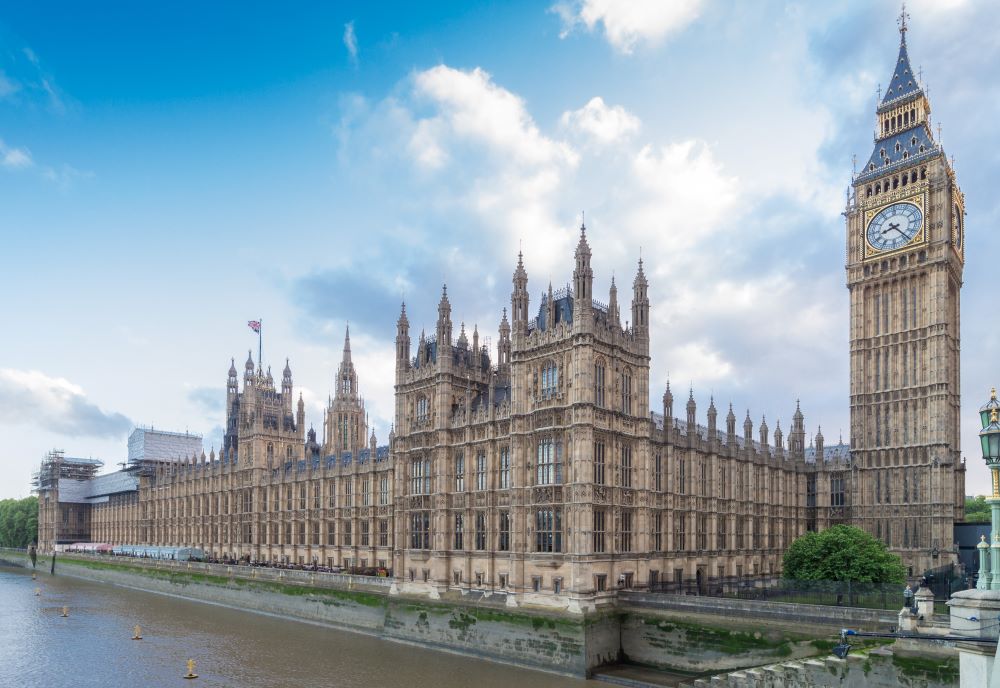
Half-term week and a parliamentary recess should usually be a chance for politicians, pundits and public affairs professionals to all take a breath and relax.
As it turned out, this last week has been far from relaxed, not least because the first minister of Scotland, Nicola Sturgeon, announced her resignation. She will remain in office until her successor is elected, but plans are already afoot to replace her.
Nominations have opened for the leadership contest, which will close at noon on 24th February. The vote among the SNP’s 100,000-plus membership will open on 13th March and close on 27th March. It’s thought that Sturgeon’s resignation could delay any effort to stage another independence referendum by at least five years. The SNP has, for example, already scrapped a special conference that Sturgeon had planned for the discussion of proposals to use the next General Election as a single-issue ‘de facto referendum’ on independence.
Rumours are already swirling about who may or may not replace her. Kate Forbes MSP (finance minister) and Angus Robertson MSP (constitution, external affairs and culture secretary) are among the favourites. As a note of interest, Forbes was instrumental in reaching the agreement with the UK government on the establishment of freeports in Scotland.
Labour "on the road to recovery"
Labour Party leader, Sir Keir Starmer, has also not slowed down over half term. Following the equalities watchdog ending its three-and-a-half-year investigation into antisemitism within Labour, Sir Keir gave a speech on Wednesday in which he said the decision to end the monitoring of the Labour Party by the watchdog showed the Party was on the “road to recovery”. But he added that there was more to be done to win back the trust of the public.
He committed to continue the fight to root out antisemitism and has barred former leader, Jeremy Corbyn, from standing for Labour at the next General Election. Yesterday evening, he also flew to Ukraine to reaffirm the Labour Party’s “unwavering support” for the country, pledging that they would support and maintain the defence, training and technological support that the current UK government is providing.
Is a deal on Northern Ireland close?
The week is also ending with something of a clamour, with it being widely reported that Northern Ireland Protocol discussions could soon be concluded. The prime minister, Rishi Sunak, is conducting talks in Belfast today and is due to meet the European Commission president, Ursula von der Leyen, over the weekend. It is understood the prime minister also held discussions with the Democratic Unionist Party on Thursday evening. A potential announcement on progress has been pencilled in for next week, possibly on Tuesday, if all the remaining difficulties in the deal can be resolved.
An important week for trade
Next week also promises other interesting political discussions. The Electronic Trade Documents Bill continues its sessions in the Special Public Bill Committee on Monday. Implementation of this legislation will make the UK the first G7 country to implement this trade documents standard. Virginia Crosbie MP (CON, Ynys Môn) has also secured a Westminster Hall debate on freeport proposals for Wales. Crosbie is a strong proponent of the bid to make Anglesey a freeport, with Holyhead as the primary entry/exit point. She has noted that “fighting for a freeport on Anglesey was part of my election manifesto for Ynys Môn” and that she is doing “everything I can to make this happen”.
On Monday IOE&IT is hosting a free webinar on initiatives to bolster UK-Ireland Trade, which will look at the current challenges in moving goods from Wales to Ireland.
On Wednesday, the International Trade Committee will continue to hear oral evidence regarding their enquiry on “UK trade negotiations: Comprehensive and Progressive Agreement for Trans-Pacific Partnership (CPTPP) accession”.
Witnesses for the session include Paul Baker, CEO at International Economics, Professor Stephanie Rickard, professor of political science at London School of Economics and Professor Clara Brandi, head of research programme at the German Institute of Development and Sustainability. The inquiry seeks to examine the advantages and disadvantages of UK membership of the CPTPP.
IOE&IT is itself due for a busy week next week, with the hosting of our Export Reception in Parliament next Tuesday. This is a key chance for policymakers and businesses to meet and discuss both the benefits and challenges of exporting.
Whether it be Northern Ireland Protocol discussions, interoperability of trade systems, freeport bids or the formation of export policy, collaboration is the key.
